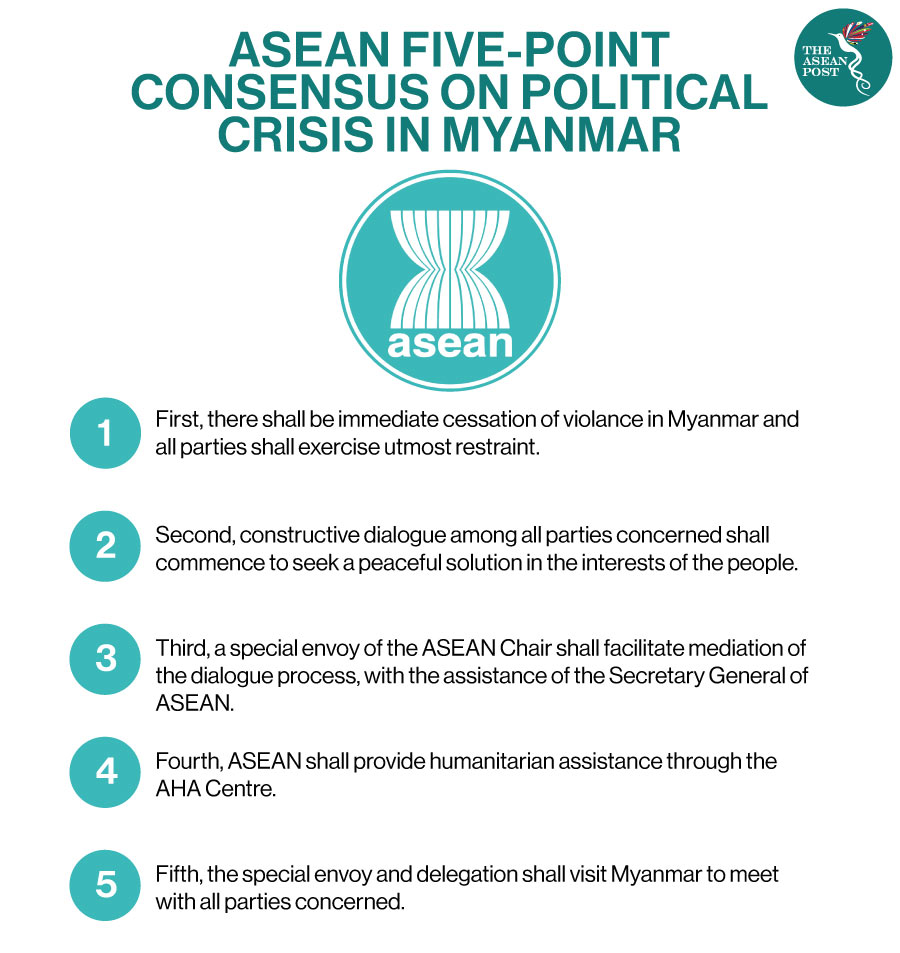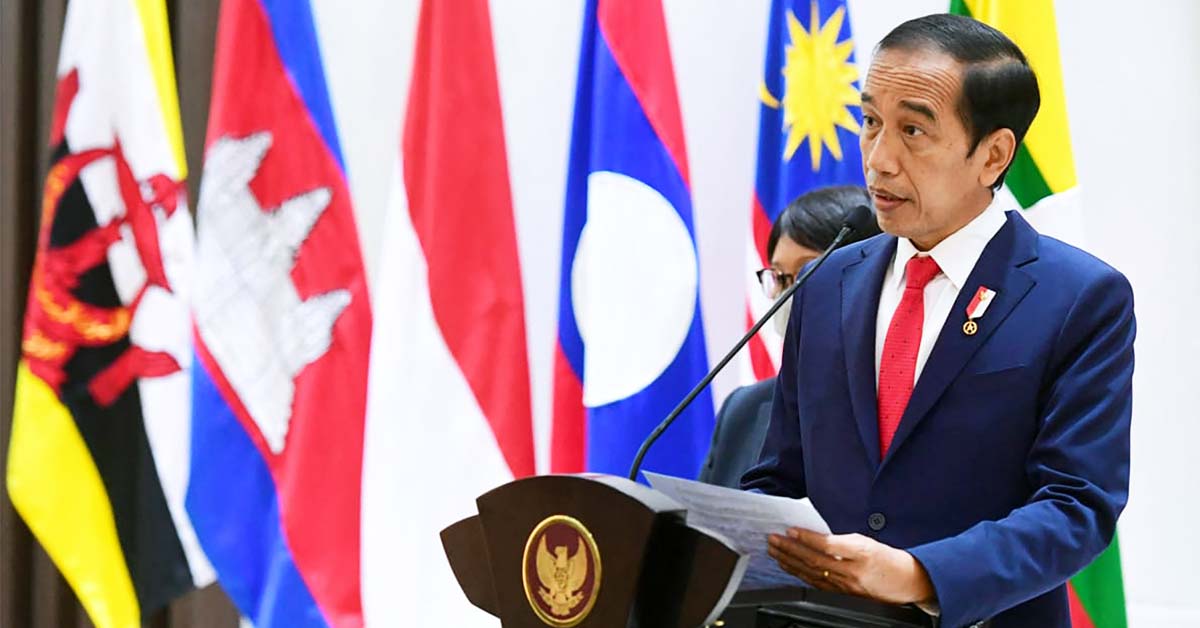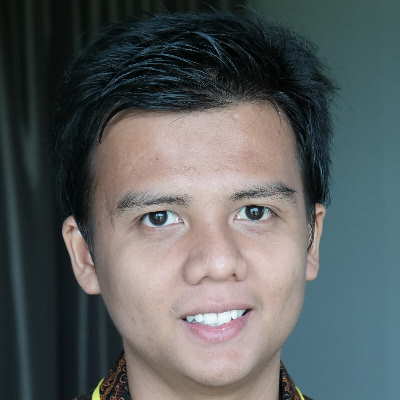The special ASEAN leaders meeting conducted on Saturday 24 April indicates a collective attempt by the regional organisation to seriously deal with the deteriorating situation in Myanmar based on “the ASEAN way”. The face-to-face forum, hosted by Indonesia at the ASEAN secretariat in Jakarta, resulted in a five-point-consensus; summarising plans to stabilise the political turmoil in Myanmar.
This agenda, however, has attracted supports as well as criticisms towards ASEAN. For Indonesia, its dedication to the Southeast Asian bloc under the principle of “ASEAN as a cornerstone (sokoguru) of Indonesian foreign policy” is going through a challenging period.
Without downplaying other member states’ contribution to ASEAN, Indonesia has emerged as one of the pivotal actors in the grouping with regards to the Myanmar issue. Along with Malaysia, Singapore, and Brunei Darussalam, Indonesia was the member state that initiated the meeting to discuss Myanmar.
The leaders of Thailand, Lao, and the Philippines did not attend the forum due to various reasons but assigned their foreign affairs ministers and secretary to do so as representatives instead. The meeting in Jakarta came under the spotlight of the global media because Senior General Min Aung Hlaing, Myanmar’s junta leader who commanded the 1 February coup, also attended the forum.
A few weeks after Myanmar’s military declaring a coup which triggered demonstrations all over the country, Retno Marsudi, Indonesia’s foreign minister, took the initiative to approach Myanmar as well as other ASEAN member states in an attempt to find a solution to the domestic instability in the country. She emphasised that “Indonesia chooses not to be silent. To do nothing is not an option.”
Nevertheless, her initial plan to visit Myanmar had to be abandoned due to several considerations, and she later met with the foreign ministers of Myanmar and Thailand in Bangkok.
Indonesia’s attempts to resolve the situation in Myanmar have been met with challenges. Jakarta’s moves, including hosting the ASEAN leaders summit and Retno’s planned trip to the country, received protests and criticisms from the citizens of Myanmar as well as from external actors. Most critics argue on the basis that Indonesia’s actions will only legitimise the junta’s current position.
This situation has placed Indonesia and other ASEAN member states in a difficult position. The nature of ASEAN which stresses the importance of dialogue and informal discussion is difficult to pursue when engagement with Myanmar’s military leadership is seen by many as legitimising the military’s actions.
In fact, ASEAN’s initiatives in dealing with Myanmar reflects the ASEAN way which refers to “a decision-making process that features a high degree of consultation and consensus…based on discreteness, informality, consensus building and non-confrontational bargaining styles…”.
The ASEAN way has become a distinct and unique characteristic of the bloc. The recent ASEAN leaders meeting and Retno’s strategy to meet her counterparts in Myanmar and other Southeast Asian states are a clear embodiment of the ASEAN way.
This approach might be misunderstood by external parties, especially Western countries, since this mechanism is not common in their multilateralism scheme. They could instead perceive these acts as a sign of approval of what is happening in Myanmar.
Some observers are concerned if ASEAN will be able to achieve a better result based on what it has done so far. “The result of the ASEAN Summit will be found in Myanmar, not in a document. Will the killing stop? Will the terrorizing of neighbourhoods, end? Will the thousands abducted be released? Will impunity persist?”, tweeted Tom Andrews, the United Nations special rapporteur on Myanmar.
Meanwhile, from an ASEAN standpoint, member states have been working tirelessly to get the situation back on track since the grouping provides a platform for discussion and tries to bridge entities involved in the crisis to seek for resolution. Hitherto, this seems to be the most possible option based on the ASEAN way.

For Indonesia, the current situation is indeed a very challenging one. Heavy criticism of the regional bloc means that Jakarta needs to focus more on the situation in Myanmar. As de facto leader of the bloc, Indonesia must be seen as taking action and not merely resorting to rhetoric given “its geographical dimensions, large population, strategic position and natural resources”.
Furthermore, Indonesia has ratified the ASEAN charter – stipulated in Law Number 38 of 2008 –which emphasises the significance of the regional grouping in the country’s foreign policy.
Today, Indonesia has a burden to prove its commitment to the Southeast Asian bloc. Being recognised as a natural leader in the region, Jakarta needs to engage all member states to ensure that ASEAN centrality is still applicable in Myanmar’s case.
The implementation of a five-point-consensus endorsed by the grouping should be a top concern. Nevertheless, this is not an easy task. The leader of the Junta has asserted that the military is considering the five-point consensus agreed on at the ASEAN secretariat meeting but there are no clear signs of how and when it will translate into concrete action.
The ASEAN leaders forum is definitely not the final step in stabilising the political turmoil in Myanmar. ASEAN has to work harder when supporting the realisation of a consensus to convince the international community that the bloc is still respected as the key regional player.
Therefore, the situation in Myanmar is indeed a huge task and a significant one that may decide the long-term relevance of ASEAN.
Related Articles:

